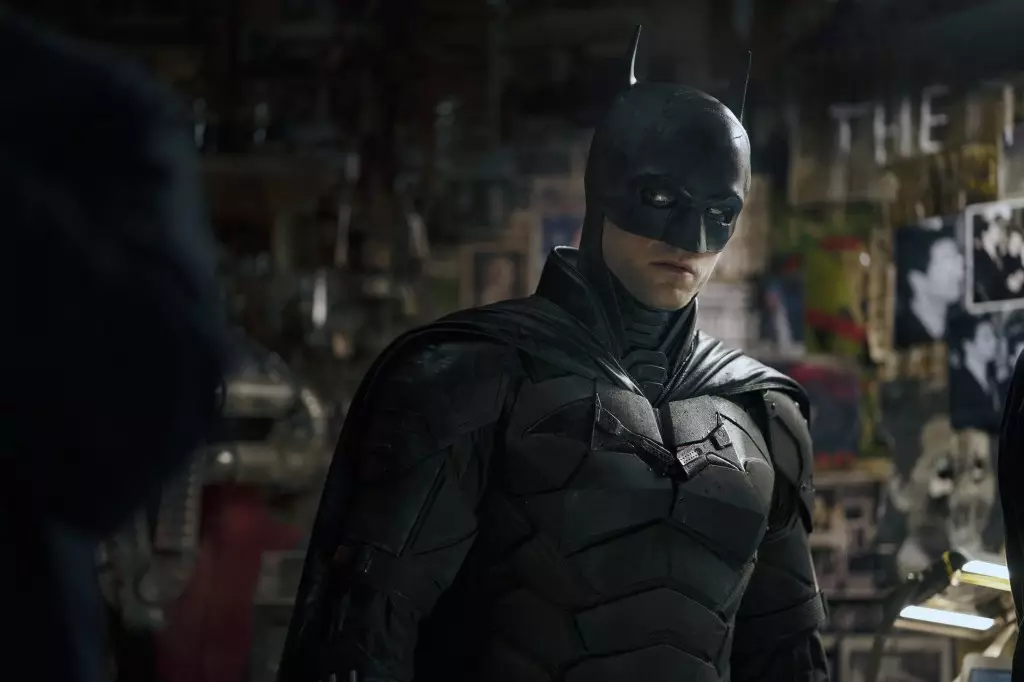The landscape of film release dates is perpetually shifting, and Warner Bros. is at the forefront of these changes as it prepares for an exciting year ahead post-Christmas. With a slew of adjustments for anticipated films, the decision-making process surrounding these launches warrants scrutiny, particularly as competition in the entertainment industry grows fiercer by the day. This article dives into the recent alterations in Warner Bros.’ release schedule for some of its most coveted projects, analyzing not only the implications of these changes but also the broader context within which they exist.
One of the most notable modifications to Warner Bros.’ upcoming lineup is the new release date for Matt Reeves’ highly anticipated sequel to “The Batman.” Initially slated for October 2, 2026, it has now been pushed back to October 1, 2027. This delay is attributed to production timelines, which are set to kick off only in the late summer of the preceding year. Given the movie’s VFX-heavy narrative, the new timeline likely allows the studio to cultivate a more polished final product. Warner Bros. appears committed to delivering an immersive cinematic experience by securing IMAX screenings, which align perfectly with audiences’ increasing expectations for larger-than-life blockbusters.
Despite the wait, the success of the original “The Batman,” which garnered approximately $772 million worldwide and sparked a spin-off series on Max, establishes a robust foundation for the sequel. The cautious approach taken by Warner Bros. is reflective of the dual challenges of scheduling amidst an ever-changing entertainment market coupled with the need to maintain high standards. In doing so, the studio seeks to protect its reputation as a provider of high-quality superhero content.
The gap left by “The Batman” sequel’s postponement opens a prime slot for Alejandro González Iñárritu’s untitled film starring Tom Cruise, now set for an October 2, 2026 release. This significant project, which also includes a star-studded cast featuring Sandra Hüller and Riz Ahmed, follows an urgent narrative arc about a world leader’s desperate mission to salvage humanity. By placing this ambitious undertaking in the October slot, Warner Bros. aims to capitalize on a prime audience engagement period while injecting fresh content into the superhero-dominated landscape.
In addition to Cruise’s film, Ryan Coogler’s “Sinners” specifically carves out its niche in the crowded Easter movie window of April 18, stepping in to take over the previous date of Bong Joon Ho’s “Mickey 17.” The shift of “Mickey 17” to March 7 grants the film, starring Robert Pattinson, more room to breathe and gain traction at the box office. “Sinners,” which follows the dark journey of twin brothers confronting their haunting past, is also aligned to deliver a blend of drama and suspense—an enticing option for audiences seeking a refresh from traditional holiday fare.
Warner Bros. has historically excelled in leveraging optimal dates for cinematic releases, as seen with its past successes like “Batman V. Superman” and “Godzilla X Kong: The New Empire.” The Easter season has proven particularly lucrative, which likely influenced the decision to position “Sinners” as the significant studio release for that weekend along with comparable indie films. This approach signals a well-calculated move to balance blockbuster expectations against competition from smaller, creative projects.
Moreover, as the studio navigates the impacts of diminishing availability of post-production resources, particularly for “Sinners,” the dedication to excellence may potentially hinder immediate profitability but ensures longevity in phrasing Warner Bros. across various markets.
The release date adjustments made by Warner Bros. reflect a mix of strategic foresight and pragmatic decision-making in an increasingly competitive cinematic environment. By allowing ample time for production and post-production refinements, particularly for blockbuster titles like “The Batman” sequel and “Sinners,” the studio is prioritizing quality alongside box office performance. As audiences await these films, it’s evident that the tactics employed now could significantly influence Warner Bros.’ standing in the market for years to come. As the studio navigates these waters, its reputation for delivering engaging, high-caliber entertainment remains in the balance, carefully monitored by eager fans and industry critics alike.
